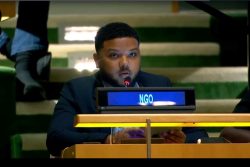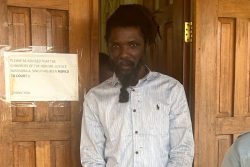A beleaguered local chess federation, failing in its ability to organize a national junior chess championship and its senior counterpart, in addition to two national school chess championships over the past two years, seems to be stirring some reaction among our youthful precocious chess minds. A favourite question which is asked is: What is happening in chess? Apparently no one knows. Nevertheless, although we are at a crossroads of uncertainty, we are within the dynamics of a new year, and we should give fate and the Guyana Chess Federation a fighting chance to make amends, bearing in mind the multitude of obstacles which can obstruct a smooth path to success.
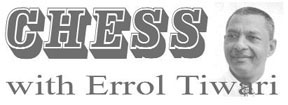 The mood emanating from ambitious chess players suggest they would find it difficult to accept a third consecutive year of indifference towards the organization of certain chess competitions. Chess players are signalling that a responsive chess federation is required if we are to encounter rare talent. Perhaps there is a little Mozart in chess out there someplace in Guyana. That may be exaggerating the possibilities, but like the lottery, you can never tell. Carrying chess to the primary schools would narrow down our search for a prodigy, which come along, perhaps once a century.
The mood emanating from ambitious chess players suggest they would find it difficult to accept a third consecutive year of indifference towards the organization of certain chess competitions. Chess players are signalling that a responsive chess federation is required if we are to encounter rare talent. Perhaps there is a little Mozart in chess out there someplace in Guyana. That may be exaggerating the possibilities, but like the lottery, you can never tell. Carrying chess to the primary schools would narrow down our search for a prodigy, which come along, perhaps once a century.
Consider the talented Norwegian world champion Magnus Carlsen, 24, who demonstrated promise first in mathematics at the primary level. Unusual mathematical aptitude is often found in chess talents. Before Carlsen was two, he could complete a fifty-piece jigsaw puzzle. By four, he had memorized the names and populations of most of Norway’s four hundred and thirty municipalities. Additionally, he built elaborate models with bricks. When he was five, Carlsen’s father taught him chess but he showed little interest in the game. He preferred soccer and skiing. At eight, the senior Carlsen brought out the chess set once more. This time the boy found it “a richer and more complicated game than any other.” One year later, the boy defeated his father.
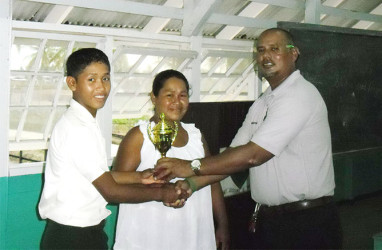
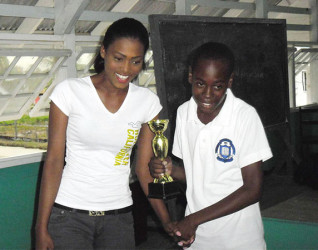
Similarly, the great Cuban Jose Raul Capablanca, with whom Carlsen is sometimes compared, and who played chess at four, used to sit on his father’s leg and watch him play at two. He outplayed his father at five. It was subsequently revealed that Capablanca had a prodigious memory for board positions and chess moves. Naturally, introducing chess into the minds of our primary school kids in a structured manner, would give us an advantage to identify unrevealed talent.
The dysfunctional local chess organization is beset with problems at the administrative level. One administrator travelled from way out of town in 2015 to attend a meeting in Georgetown to discuss the way forward for chess in the current year. The meeting place was deserted, and no one else turned up for the meeting. One chess player suggested that perhaps the organization may have forgotten about the meeting. It is improper to elect chess administrators who have little interest in promoting the game. We should replace those persons with the ones who feel for the game, who possess an unadulterated love for chess and its successful promotion. Now we patiently await a promising word from the chess federation.







